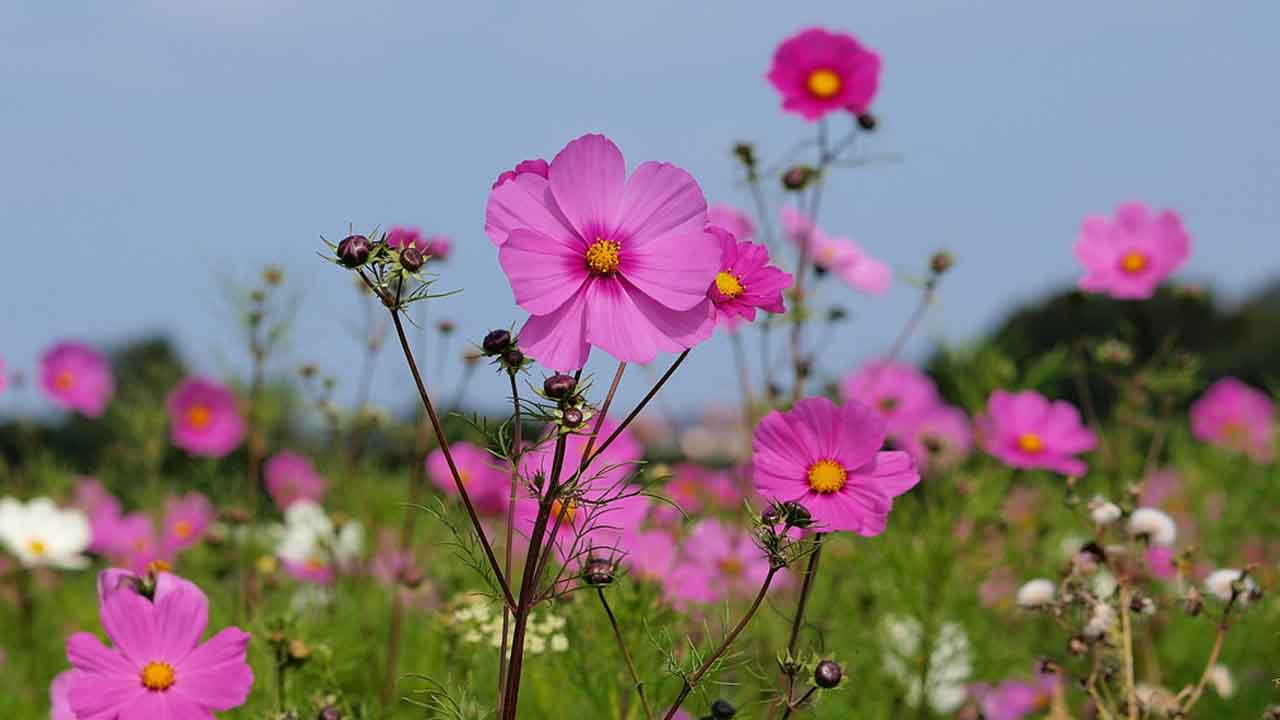Climate change is bringing flowering up to a month forward, at least in the United Kingdom, according to a new scientific study published in Proceedings of the Royal Society B, which warns this could have profound consequences for wildlife, agriculture and gardeners.
In the United Kingdom, since the 18th century, scientists, naturalists, amateur and professional gardeners, ordinary citizens and organisations such as the Royal Meteorological Society have dedicated themselves to recording observations of seasonal changes in a Nature’s Calendar, which already has 3.5 million records dating back to 1736. That citizen science database is now giving Cambridge University researchers clues about how climate change is causing plants in the UK to flower up to a month earlier due to global warming.
They found that the average date of first bloom from 1987 to 2019 is a full month earlier than the average date of first bloom from 1753 to 1986. The same period coincides with the acceleration of global warming caused by human activities.
This phenomenon can have unfortunate consequences for farmers and gardeners. As many French fruit growers can testify after the historic frosts of April 2021, if fruit trees begin to flower early after a mild winter and are then hit by a late frost, entire crops risk being destroyed.
“We can use a wide range of environmental data sets to see how climate change is affecting different species, but most of the records we have only consider one or a few species in a relatively small area,” said Professor Ulf Büntgen from the Cambridge Geography department, lead author of the study. “To really understand what climate change is doing to our world, we need much larger data sets that look at entire ecosystems over a long period of time.”
“The results are really alarming because of the ecological risks associated with earlier flowering times,” Büntgen said. “When plants flower too early, a late frost can kill them, a phenomenon most gardeners will have experienced at some point. But the biggest risk is an ecological mismatch. Plants, insects, birds, and other wild animals have co-evolved to the point of being synchronised in their stages of development. A certain plant flowers attracts a particular type of insect, which attracts a particular type of bird, and so on. But if one component responds faster than the others, there’s a risk they’re out of sync, which can cause species to collapse if they can’t adapt fast enough.”
Büntgen says that if global temperatures continue to rise at the current rate, spring in the UK could start as early as February. However, many of the species on which forests, gardens and farms depend could experience serious problems due to the rapid rate of change.





























